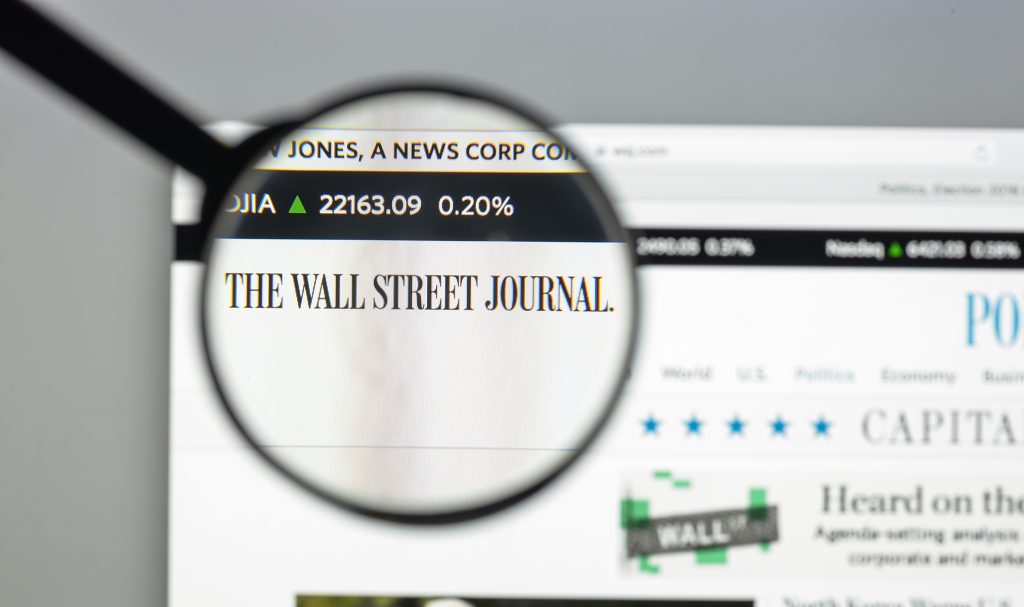At RiskHedge, Stephen McBride writes of “the biggest infrastructure buildout” ever as technology companies spend enormous sums to power AI advances that will result in the biggest worker-productivity surge since farmers were armed with tractors and fertilizer. Stop and think about it.
Never have advances in technology put people in breadlines, simply because technology that does for us (and that will think for us) is only technology insofar as it amplifies our skills. With AI, it will be as though every worker suddenly has countless assistants constantly lifting his or her work product, and without taking a break, the evening off, or vacations.
What’s important about this is that those building the AI boom didn’t wait for central planners to bring them so-called “money supply” so that they could innovate, rather money finds the innovators. Ever since ChatGPT was released in 2022, there’s been a surge of investment into the companies (big and small) most prepared to create the future of wildly productive work.
It’s impossible not to think about this surge of investment in light of commentary from members of the Monetarist School. Though they claim a free-market lean, their “quantity theory of money” imagines the state as a substantial player in all economic advance.
Johns Hopkins economists Steve Hanke and John Greenwood are the most prominent modern promoters of this narrative whereby the state allegedly supplies money without which country economies can’t grow. As Greenwood and Hanke explained it in a recent opinion piece, “Monetarists Warned of a Recession.” And their recession warning was driven by their belief that the Fed had failed to “follow the quantity theory of money” that allegedly resulted in insufficient dollars necessary to power economic growth. The two economists reverse causation.
Importantly, they could easily see the error of their ways by walking the streets of west Baltimore, not far from the Hopkins campus. Those streets are economic-growth bereft not because so-called “money supply” is insufficient, rather a conspicuous lack of economic activity is the surest sign of very little “money supply.” Money in circulation is an effect, not an instigator.
To see why that’s true, imagine if the Fed were to drop tens of billions of dollars into west Baltimore. The money would exit the economically depressed locale almost as quickly as it arrived. Money only has a purpose insofar as it’s circulating goods, services, and labor, and all three are difficult to find not far from where Hanke and Greenwood teach.
Conversely, economic activity is rampant in northern California, the epicenter of AI advances. Assuming a Fed helicopter drop into Baltimore’s poorest neighborhoods, money spent by those who picked the dollars up would eventually find its way to financial intermediaries, and to locales not west Baltimore that are economically productive.
It’s a long or short way of saying that no city block, city, county, state or country ever need worry about the “quantity of money” that Greenwood and Hanke want the Fed to centrally plan with their implied guidance. Production itself is money personified, which is why money is always abundant where production is, and it’s always difficult to find where production is non-existent.
Hanke and Greenwood claim that “For more than a year, monetarists have been warning that the economy would likely enter recession this year.” They assert that the alleged recession is something they uniquely saw because the Fed has “over-constricted money growth between 2022 and 2024.” It seems the AI crowd, among others, didn’t get the memo.
Much more important, they didn’t get the memo because it’s nonsense, and it presumes that the most advanced economy in the world has a substantial central-planning quotient to it. It doesn’t. Money in circulation is a direct reflection of production. Nothing else. Hanke and Greenwood are flamboyantly reversing causation.
Republished from RealClear Markets





